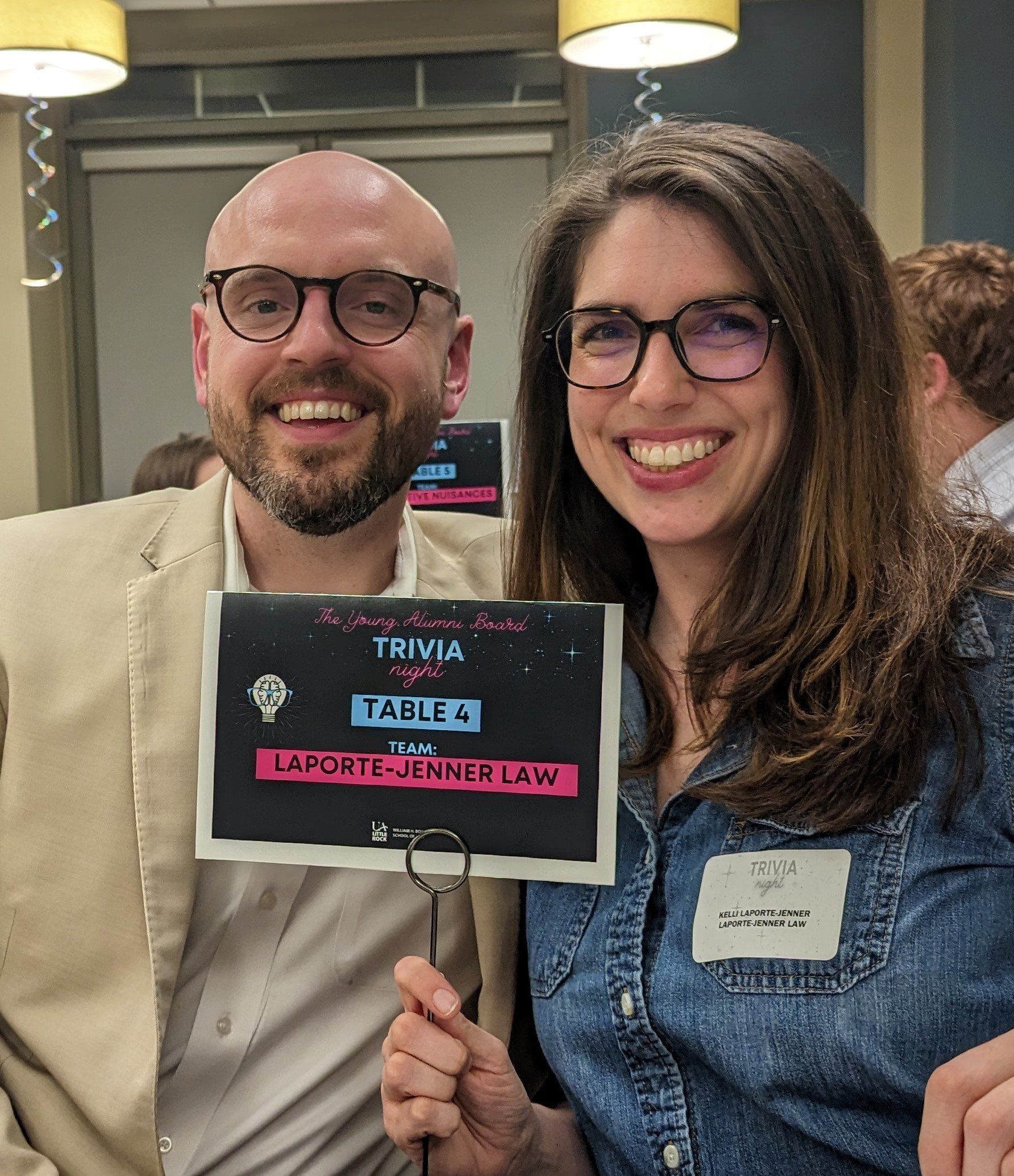Understanding Double Jeopardy: Key Protections and Exceptions
Double jeopardy is a fundamental aspect of our legal system, ensuring that individuals are not subjected to repeated trials for the same offense after an acquittal or conviction. This protection is vital as it offers closure and alleviates the emotional and financial burden of multiple legal battles. In this blog, we'll provide a high-level overview of this key legal principle.
The Core Protection of Double Jeopardy
The concept of double jeopardy ensures that once a person is acquitted or convicted of a crime, they cannot be retried for the same offense. This principle provides legal certainty and peace of mind to defendants, solidifying their security and finality in legal verdicts.
The Dual Sovereignty Doctrine Exception
Despite double jeopardy protections, there is an important exception known as the Dual Sovereignty Doctrine. This allows different sovereign governments, such as state and federal, to pursue separate prosecutions if a crime violates both jurisdictions' laws. For instance, the infamous case of Rodney King illustrated this exception, where officers were tried at both the state and federal levels.
Understanding the Limits of Finality
While a verdict often signals the end of a trial, it does not always conclude legal proceedings. There are various scenarios, such as appeals or civil cases, which might extend beyond the original trial verdict. Thus, it’s essential for individuals to understand that while double jeopardy provides a shield against repeated trials, it is not an absolute end to all legal actions.
The Importance of Legal Awareness
Understanding your rights under the double jeopardy clause is crucial. Individuals should seek legal counsel to efficiently navigate the complexities of this protection. Knowledge of your legal rights ensures a fair process and safeguards against unlawful legal measures.
If you or someone you know requires assistance with a legal matter, professional advice is invaluable in ensuring your rights are protected. We're here to help you navigate through such complexities.
Understanding Double Jeopardy: Key Protections and Exceptions
IVF Considerations in the Event of Divorce
Safeguarding Your Credit During Divorce: Key Strategies
Divorce FAQ
How to Choose a Family Law Attorney
Our Story
They Didn’t Read Me Miranda!
Come Meet the Firm!
your next step
We Would Love to Hear Your Story
Every legal case is unique, but they all start the same way—with a conversation. Whether you need guidance, advocacy, or answers, we’re here to help. From Little Rock to Conway and across Arkansas, reach out to schedule a consultation and find out how we can support you through whatever comes next.
Phone
address
1220 West Sixth Street
Little Rock, Arkansas 72201
Business Hours
Monday–Friday: 8:30am–5pm
All Rights Reserved | LaPorte-Jenner Law PLLC | Privacy Policy








